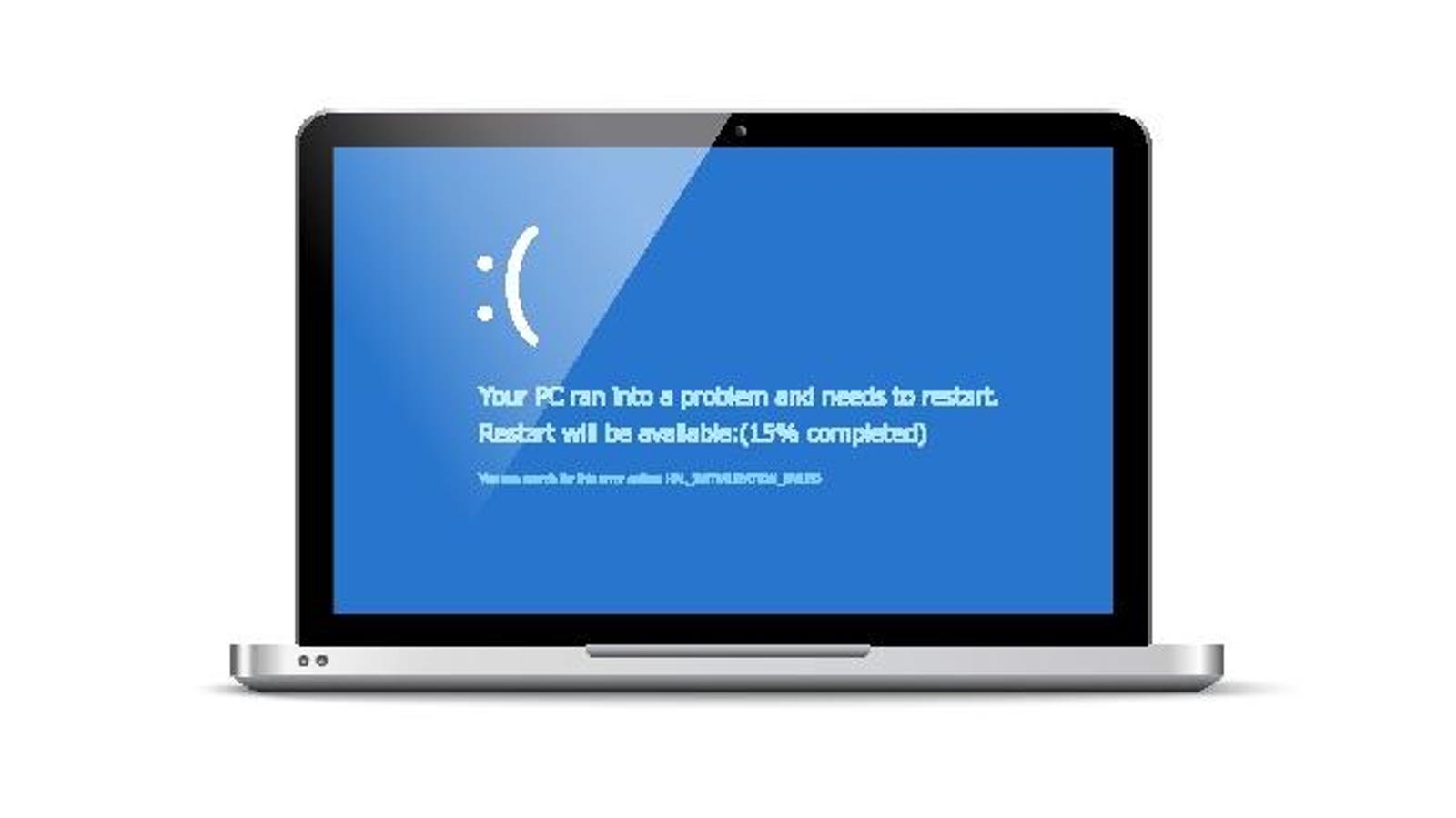
Friday’s global technology outage should serve as a stark reminder of the potential dangers of overreliance on artificial intelligence and cloud-based services for critical operations. While the recent outage was caused by a patch update from CrowdStrike cybersecurity software, not an AI system, it highlights how dependent we are on interconnected technologies. These disruptions underscore the need for robust guardrails to ensure that our increasing dependence on technology in general, and newer AI tools in particular, does not compromise essential services and human safety in the future.
A Wake-Up Call: The Global IT Outage
The world woke up Friday to a massive IT outage, driven by a patch update from security company CrowdStrike, which in turn led to a widespread blue-screen issue on Windows-operated computers. This disruption affected multiple industries worldwide, highlighting the risks of relying on a single technology for mission-critical operations. The outage, one of the largest in recent history, has grounded planes in the U.S., halted trains in the U.K., and left TV stations unable to broadcast. The full magnitude of the issue will probably not be known for days. This should prompt businesses, government institutions, and especially tech companies to reconsider their dependence on single providers and explore strategies to enhance their operational resilience.
The incident serves as a crucial lesson in the interconnected nature of modern business technology. Major cloud and software-as-a-service providers, while offering significant benefits, also introduce risks of single points of failure. We have seen this in the past with cybersecurity outages caused by SolarWinds and Kaseya. When multiple companies depend on the same critical infrastructure, a disruption can cascade across various sectors, halting operations and causing widespread chaos, as we saw today.
The Risks Of Overreliance On AI
AI Robot Making Decisions For Humans
As AI technology continues to advance, the potential for overreliance becomes a pressing concern. Overreliance on AI occurs when users start accepting AI outputs without sufficient scrutiny, leading to errors and a loss of trust in AI systems. This can be particularly dangerous in fields requiring precise and critical decision making, such as healthcare, air transport, military use, judicial oversight, and more.
Consider the scenario of an emergency heart or brain surgery scheduled based on AI-driven systems. If the underlying technology fails due to a patch update from CrowdStrike or another company in the software supply chain, such as a machine not rebooting correctly, the consequences could be fatal. In military use, AI systems could make decisions to launch attacks or be slow to counterstrike without human intervention, leading to catastrophic outcomes in either scenario. Similarly, a judge overrelying on AI to interpret the law and issue a ruling without proper oversight could result in grave injustices. These are only a few examples of what overreliance on AI could mean.
Ensuring appropriate guardrails and safeguards to avoid overrelying on AI use is essential to prevent such catastrophic outcomes.
Human Oversight: The Last Line Of Defense
One of the primary goals of AI system design should be to empower users to develop appropriate reliance on AI, with robust human oversight. This is critical, as a few wise policymakers and practitioners call for greater human involvement to act as the final safeguard against AI failures. These calls need to be joined by industry luminaries to show they are responsible citizens, and not just driven by greed and technological wizardry. Sam Altman, Elon Musk, Sundar Pichai, Satya Nadella, and other leading CEOs should join in a pact to ensure AI development is not inadvertently stunting human growth.
While AI offers numerous benefits, such as enhanced information processing and improved decision making, it cannot replace human emotional nuance, critical thinking, and ethical considerations. AI overreliance leads to multiple biases, including confirmation bias and the overestimation of AI explanations. Our biggest fear should be when people stop learning how to think and overrely on AI outputs. What happens when there is an outage? Will the surgeon not know how to operate to save a life? Will the air traffic controller forget how to help flights land safely without AI-driven technology? Overreliance on AI can lead to vulnerabilities, ethical dilemmas, and a decline in personal growth, thinking skills, and learning opportunities.
Balance And Diversification
The recent global outage and growing AI integration into daily operations highlight the urgent need for balanced technology strategies guided by proven and solid principles that have withstood the tests of time. Businesses must diversify their technology dependencies, implement robust contingency plans, and ensure strong human oversight of AI and technology systems.
AI and technology in general should be viewed as tools to augment human capabilities, not replace them. By striking the right balance, we can harness the power of AI while safeguarding against its potential risks, ensuring that technology serves humanity without compromising safety and reliability.